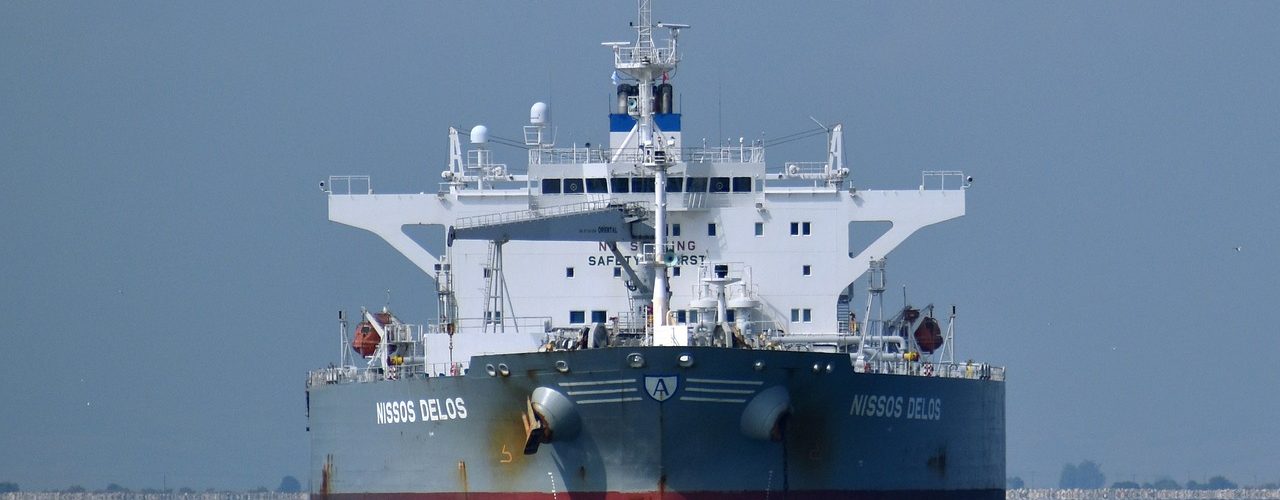-
The EU and UAE have launched FTA talks under broader strategic initiatives, aiming to reduce tariffs, simplify customs, and potentially align VAT systems, affecting cross-border trade and compliance frameworks.
-
Key indirect tax impacts may include tariff reductions, updated customs rules, origin-based VAT considerations, digital documentation requirements, and sustainability-linked obligations such as carbon-related VAT adjustments.
-
Businesses must prepare ERP updates, revise tax rules, and assess new VAT obligations and contract terms to remain compliant amid evolving trade, reporting, and supply chain tax requirements under the FTA.
Source: innovatetax.com
Latest Posts in "European Union"
- ECG T-96/26 (TellusTax Advisory) – Questions – VAT deductions in the event of different VAT treatment between Member States
- VIDA Measures applicable from 1 January 2027
- Agenda of the ECJ/General Court VAT cases – 7 Judgments and 2 Hearings till March 25, 2026
- Comments on T-638/24: Double dip alert – an incorrect invoice can create multiple VAT liabilities
- VAT IOSS Scheme: Intermediary Registration Available from April 2026 for Non-EU Businesses














